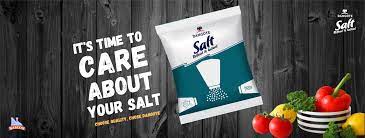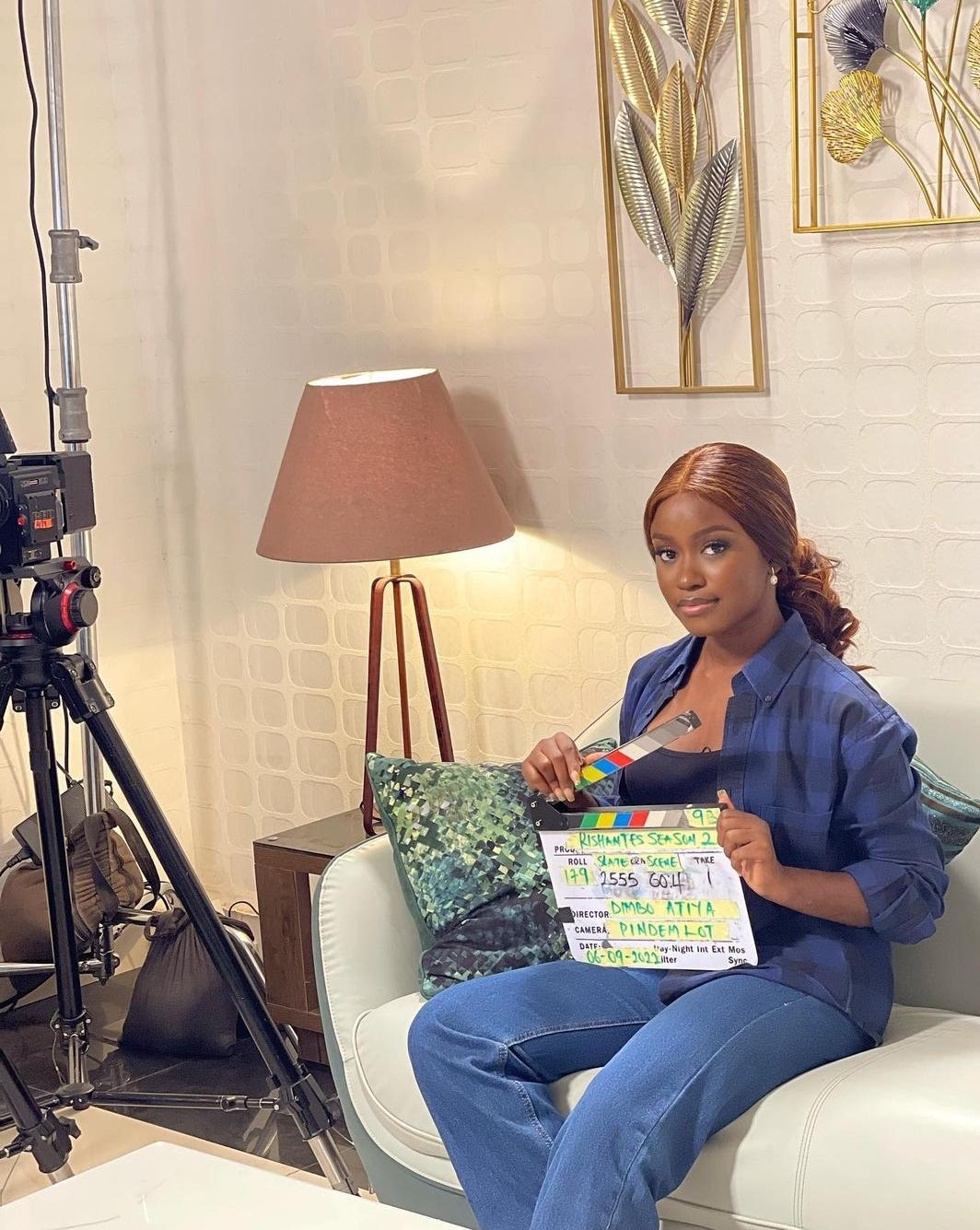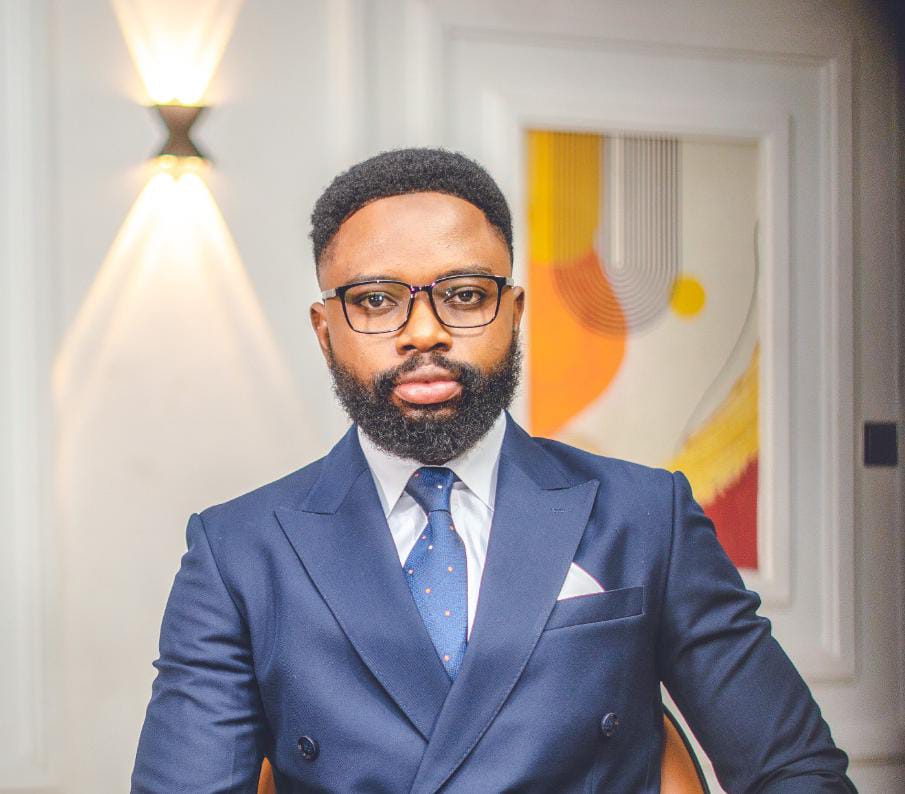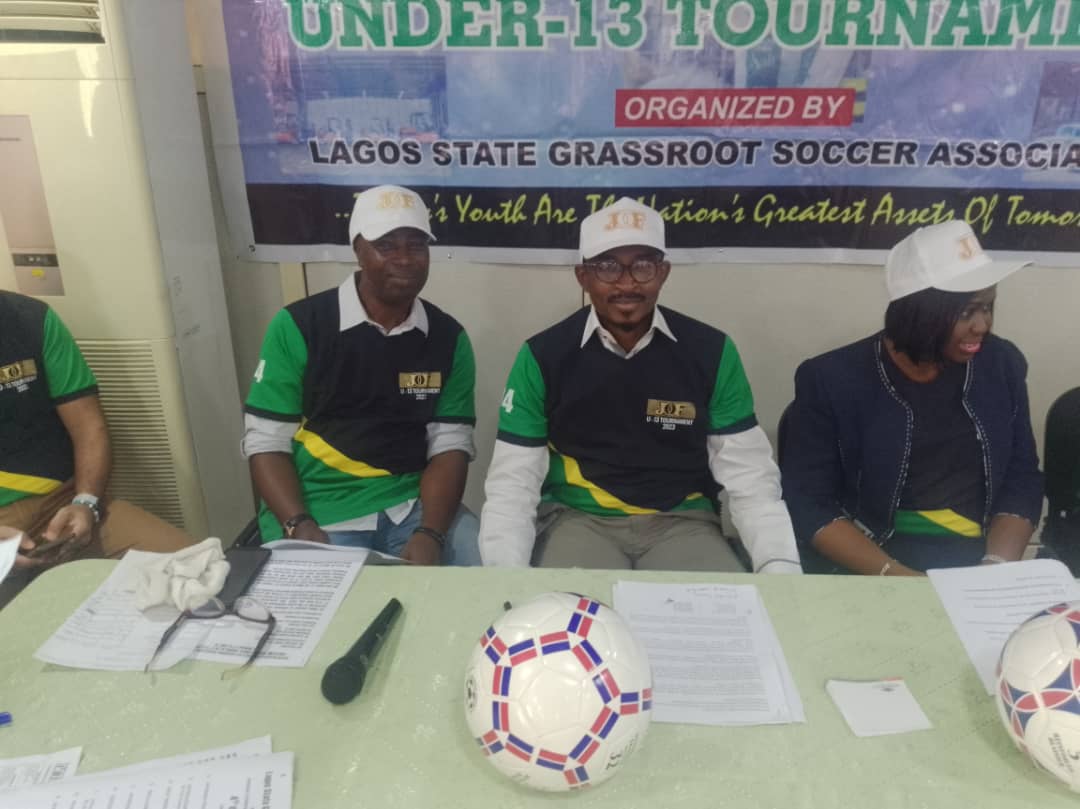NPA Board Chairman, Akin Ricketts Attributes Success To God & Family
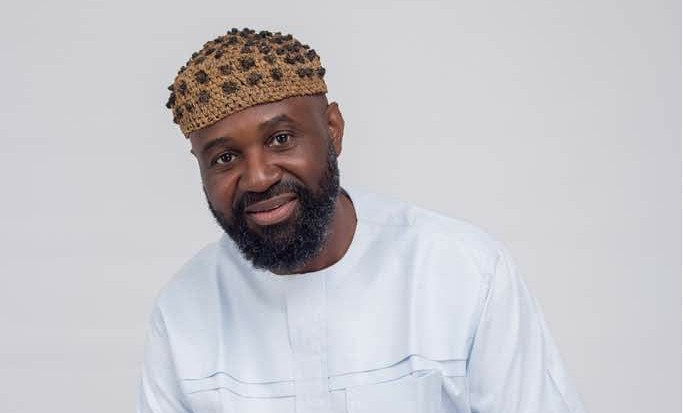
The Chairman of the Board of the Nigerian Ports Authority, Akin Ricketts, tells Tofarati Ige about his career, maritime sector, business, family and other issues
As the Chairman of the Nigerian Ports Authority, what are your duties?
The chairman is simply a member of the Governing Board but a primus inter pares (first among equals) as he chairs its meetings, issues directives and with all other members of the board, guides the NPA on policy matters and ensures adherence to the Federal Government’s policies and performs supervisory oversight on the management.
What are some of the challenges you face in the course of discharging your duties?
We were inaugurated amidst the lockdown occasioned by the COVID-19 pandemic. That was the first challenge we had as meetings had to be held virtually.
The bonding that is enabled by physical meetings and one’s ability to meet people and learn about the functions and activities of the organisaton were hampered.
As we were coming out of the lockdown and things began normalising, we had the unfortunate arson at the NPA’s headquarters.
The usual challenges one encounters in every human endeavour are also present in this job but they can be overcome, and is nothing to worry about.
In what ways do you aim to make a difference at NPA?
As a strategic national asset, the NPA has been a going concern since 1954. Every management and governing board do their best to improve the state of affairs they met.
As chairman of the board, my objective is to add value to all aspects of the authority’s operations.
We want to see the utilisation of the ports in the eastern part of the country to reduce the pressure on Lagos ports and their access roads; emplacement of measures that would reduce the cost of operations in the ports and of the ports authority; to ensure that the welfare of staff and their motivation continues to be a priority; optimise dredging activities in our navigable channels and ports to ensure safe navigation; improve capacity of our ports by ensuring the completion of all port facility projects currently ongoing.
We are careful not to take a lot that we may not be able to handle but prioritise those that would have a lasting impact on the maritime industry and the national economy.
What are some of the pressing challenges in the maritime sector and how do you think they can be solved?
The maritime sector is a sub-strata of the national economy. Therefore, all the national economic and fiscal policies have an impact on the sector.
The major challenge of the sector is that over time, our fiscal policies have been unfriendly and have not supported development of the maritime sector. Therefore, the major challenge of the sector is the philosophy behind national fiscal policies.
Secondly, there is the issue of capacity― both human and material. Nigeria is one of the most important shipping nations in the world but looking at our tonnàge capacity, you would realise that we are a heavily import-dependent economy that hires mostly foreign vessels on slot, time and voyage charters. We need to improve on ownership and registration of ships that fly Nigerian flags, carry Nigerian cargo and improve on our tonnàge
Like Saudi Arabia, we can start from the ownership of tankers to carry our crude oil and all types of gases.
Furthermore, we need to deliberately explore the possibility of massive training of marine professionals, maritime business executives and other professionals in the sector who would drive the strategic development of the sector.
Some people say that the process of clearing goods from the ports is often tedious and time consuming. What is your reaction to that?
I have heard this issue of the clearing process mentioned often. People fail to realise that the clearing process in Nigeria is entirely under the purview and statutory control of the Customs.
The role of the NPA in the process of clearing is very marginal. However, we shouldn’t lose sight of the fact that our environment also has a tremendous impact on the cost and process of clearing goods.
For instance, the process is still substantially manual and has to be automated. Without full automation and the elimination of human contact in the process, one should expect a lot of things
Most Nigerian importers are merchants who, in most cases, use the ports as storage facilities while looking for customers to buy their imported goods. The cost of rent and demurrages are significant in such cases.
We are still exploring the possibility of a single window where all agencies involved in clearing would be under one portal.
Infrastructure is another issue. Banks, for instance, have to produce their power to operate effectively in the ports and do not operate for the length of time that other agencies do. No matter how efficient other agencies become, they can only do so much without the banks.
ICT infrastructure is lacking in so many locations and where they do exist, the efficient utilisation is greatly hampered by lack of power. So, the issues are many and come from multiple sources.
It is also said that there is too much concentration on the ports in Lagos. In what ways do you aim to diversify ports operations in the country?
There are only two ports in Lagos― Apapa and Tin Can Island. Therefore, the issue, in my view, is that importers have the inalienable right and prerogative to choose where their cargoes are consigned to.
Most importers prefer the Lagos ports for reasons of proximity to industries and locations where their goods would be utilised. So, it is not a deliberate policy of the government to give preference to Lagos ports over others.
Over time, the NPA has been granting incentives to port users and other importers to use ports in the East but for technical and historical reasons, most of them still prefer the Lagos ports.
By technical reasons, I mean the restricted depth of the navigable channels and berths for the ports in Port Harcourt (Rivers State), Calabar and Warri (Delta State).
The current capacity of vessels and the economy of ship management is to deploy bigger vessels to take advantage of the economy of scale. With restricted channels and berths, it is almost impossible for ship managers to deploy bigger vessels to the eastern ports, except Onne (Rivers State). This affects patronage and viability.
By consistently deploying smaller vessels, the cost of bunker and port charges are not competitive but this kind of situation does not exist in Lagos.
The management of the NPA is exploring the best option and method of overcoming this challenge because even the incentives being given to importers wouldn’t have any impact if these issues are not addressed.
I once read a comparative analysis of the cost of transporting containers from Lagos to Aba and Onitsha and from the ports in the east.
The transportation from Lagos was quite lower than that from the east due to many factors that were mentioned in the report. All the issues raised had nothing to do with the ports. They include extortion by police and Customs, impact of bad roads on vehicles and waiting time before offloading containers from vehicles, among others.
We are exploring many possibilities and emplacing a lot of measures including stakeholder engagements.
However, the current global economic realities have radically altered all plans, projections and forecasts relating to business.
What are your thoughts on the removal of petrol subsidy?
Petroleum subsidy is being looked at in Nigeria from a very emotional perspective.
Ordinarily, petrol is an international commodity whose price changes from time to time due to factors in the international markets, some of which have nothing to do with us as a nation.
However, because of the historic welfarist disposition of successive governments, our reliance on oil as a mono product that propels development, and the size and structure of our economy, we are affected by any change in the price of petroleum.
As long as we continue to emotionalise our national economic variables, we would continue to be in a situation where the more things change, the more they remain the same.
It is high time we appreciate the fact that the Nigerian National Petroleum Corporation is a business not a charity but the government should endeavour to ensure that social safety nets are improved so that the negative impacts of such increases would be mitigated on the masses.
However, we have to accept the fact that the price of petrol is not and cannot be determined by Nigeria, and the era of paying some people humongous amounts of money as subsidy is not sustainable.
In what ways did the COVID-19 pandemic affect operations at the ports and how are you charting a new course for the organisation?
The ports are service centres that facilitate international trade through interfacing with others and providing an avenue for the transportation of goods and services.
COVID-19 affected the global economy in a manner that many industries had to close down and stop production. Therefore, importation of goods around the world had to be stopped since most of the industries that needed goods either as raw materials or finished products were on lockdown and are still being locked down.
The NPA cannot chart a course for itself but had to adopt the protocols set by the Federal Government that are suitable for our operations, with a view to ensuring that port operations are conducted safely without unnecessarily exposing either the system, processes or personnel to the vagaries of COVID-19.
It is believed that there is a lot of corruption at the ports. How do you intend to change this narrative?
I have also heard a lot about this narrative, which, in my view, is being pushed out either as a result of ignorance, mischief or genuine concern due to the peculiarities of our environment.
In the first place, the perception is very wide. Is it the NPA or the port subsector that is being referred to?
If it is the organisation, people need to know that the NPA is a process driven organisation guided by laws, regulations and the precepts of good corporate governance.
In all cases of infractions, as long as evidence is provided, nobody is left unpunished.
However, in the port subsector, since we are operating a Landlord port model, people need to understand that as an organisation, the NPA is a peripheral player.
However, we urge people to report such cases whenever they have evidence and they would be dealt with accordingly.
What do you consider to be the best moments of your business career?
A highlight of my career, which was actually beyond the realm of my personal business enterprise, was being sought after for the position of the only Nigerian director and shareholder of Kuhne and Nagel― a reputable Dutch firm of international acclaim. At that time, K and N was the biggest non-vessel owning logistics company worldwide with over 55,000 specialists working with them. This was no small feat and the recognition at the time gave me some sort of fulfillment.
What were the highlights of your time as the Cross River State Commissioner for Information?
This question brings to mind my first incursion into public service. Before 2012, I had spent over two decades working as a private businessman and farmer, with special focus on construction, oil and gas, and oil palm plantation. In those areas of businesses, I served diligently leading to real expansion and growth in those businesses
Over the years, I have been supporting the growth of democracy right from my ward, Local Government Area, and even beyond Cross River State.
It was from this background that my long-time friend and then Governor, Senator Liyel Imoke, impressed it on me to venture into public office, and I graciously accepted the offer to serve my state in that capacity as Commissioner for Information.
I assumed duties on March 12, 2012, and served till May 29, 2015, when a new administration was inaugurated.
Information management in any given economy results in intangible deliverables. Under my watch as the chief image maker of Cross River State, I pride myself on taking the state to a higher pedestal. Our economy was doing well, tourism was booming and we projected the state as the most peaceful in Nigeria.
I led a ministry that was able to, without a break, produce the daily news bulletin, the quarterly Kaleidoscope Magazine and the Giant Strides bi-monthly magazine. We sustained the weekly publication of the Nigeria Chronicle Newspaper while all laws passed by the State House of Assembly were promptly gazetted by the government’s printing press.
Through our modest efforts, the State Executive Council approved the procurement of a new digital printing machine at the cost of nearly N100m.
The Cross River State Newspaper Corporation’s renovation contract was also awarded and work commenced under my watch, while the digitisation of the State Broadcasting Corporation in readiness for the change from analogue to digital broadcasting was sustained, including the 24-hour non-stop transmission.
Through the instrumentality of the State Executive Council, two new departments were created― Orientation Department, and Archives and Documentation Department to make for effectiveness and efficiency. Also, staff morale was bolstered through training while I sought and got the governor’s approval for the Civil Service Commission to employ 25 information officers to boost our capacity.
As a matter of fact, one of the highpoints of my tenure was the fact that I emerged as the longest serving Commissioner for Information since the creation of the state.
You contested the Cross River Central District Senatorial position in 2015. What were your takeaways from that experience?
The takeaways from that experiment, as I usually refer to it, are very interesting and huge lessons for the future.
Firstly, it clearly indicated to me that I was loved by both the young and old, going by the huge following I had across the six local government areas that make up the Senatorial district.
The other lesson from that exercise is that it is extremely important to be known by one’s people. Live among them, know their challenges and always make efforts to show concern in tackling those challenges and needs. These attributes hugely reflected on my following, which obviously propelled me to the top as one poised to clinch the position, but for the divisions and legal tussles that tore the All Progressives Congress into two in the state.
What are the profound lessons you have learnt in your political career?
I have come to realise that one’s steps should be guided by the circumstances and actions on the ‘stage’. The people’s interests should be uppermost. One should appreciate who they are, know their challenges and always find a meeting point between the leadership and followership. By so doing, one would never be far from one’s people and they, in turn, would have confidence and become closer to one.
Did you enjoy the support of your family when you wanted to venture into politics?
Yes, definitely. The first person I consulted was my wife, who over the years I’ve nicknamed my ‘Chief Consultant’. It did take some time to convince her but once I got her on board, she became my biggest supporter and the rest is history.
My father was actively involved in politics before, so it was almost a natural progression for me and my brothers follow suit in various degrees.
What are your thoughts on the recent #EndSARS protests?
My twin thoughts are very clear on the recent #EndSARS protests. The issue of police brutality against the citizens should have been handled holistically from the onset. Protesting on the streets was a way of the youths sending out their message but it did not solve the problem beyond a certain degree. The message or intent was made clear in the first few days of the protest. Thereafter, it should have been called off or stalled, but the youths were insensitive to the peculiar nature of our society. They allowed themselves to be used by some people for selfish political gains.
Today, the aftermath of the protests indicates that we are all losers. The destruction of public and private property is colossal. For example, it would be very difficult to recover Calabar. The level of destruction in Lagos was also humongous.
The second aspect is on our varied leadership and its inability to decipher between good and bad. Can you imagine a leader locking up food meant for the people? What do you expect when people are hungry? We need to do more for the people and not take them for granted, so we don’t, in the near future, see another protest more damning and daring.
What is your assessment of the involvement of Nigerian youths in politics?
I think Nigerian youths are great young men and women with great potential.
Politically, are they doing well? Definitely, no. The Nigerian political chessboard is so monetised that majority of the youths would not have the financial capacity to join politics as early as they should. The political parties have increased the cost of buying forms to participate in the electioneering process. For instance, hardly can any youth pay N50m to buy the Presidential intent form, talk more of funding the campaigns and everything associated with elections.
That is what affects governance on a level, because even when one manages to scale through, one’s primary focus becomes the recovery of the huge funds expended during the elections, rather than concentration on good governance.
So, the youths are not faring well in politics and that’s something we all have to look into if we must progress as a democratic nation in the global perspective.
What are some of the personal qualities that have helped you come this far in your career?
I would say doggedness, humility, resilience and street smartness.
Having said that, I give all glory to God for always keeping me on track. I also thank my wife and family for always having my back. I have come to realise that I would be nowhere without God and my family.
Who are your role models/mentors?
Unfortunately, my mentors are now late. My first mentor was my father, Stephen Ricketts. I learnt so much from him while growing up― spirituality, self-worth, respect for self and others, love for family, work ethics, value of money, sportsmanship, among others. I give him credit for shaping me into the man I am today.
Not long before my father died, I was blessed to meet my second mentor, Dr Ike Offor― my father-in-law. I know there are so many clichés about in-laws but when I met mine, we got on like a house on fire and I also got to learn a lot from his wealth of experience.
How did you meet your wife?
I met my wife, Dr Ife Ricketts, through a mutual friend, about 25 years ago.
What were the qualities that endeared you to her?
Her beauty attracted me initially and shortly afterwards, I was enthralled by her intelligence, the way she communicated and her pedigree. She was the total package.
After a few dates, she was in control without realising it and soon after, I introduced her to my parents. My mum quickly became her ally, consultant, manager and finally, mother, when we got married a year later. Through the years, she has been my rock, my confidant and sounding board, always cheering me on to greater wins.
In what ways do you keep the love alive in your marriage?
First and foremost, me and my wife are friends and we always work as a team. I always love to fuss over her and sometimes, act all goofy around her, which makes our kids roll their eyes at us. I am happy and man enough to express my love for my wife, within and outside our home. I know that makes her feel loved and secure in our marriage. By His grace, she will always be my girl, even though she might think she has got some competition from our daughter.
You were born into a royal family in Ugep (Cross River State). What can you recall of your childhood?
My maternal grandfather, Obol Ofem, was the paramount ruler who reigned and represented the old Abakaliki province in the Eastern Region. I remember him being larger than life, even though he was not physically very big. His friends and contemporaries were the likes of the revered Nnamdi Azikiwe and Michael Okpara, and I remember on visits to his homestead, meeting different people but I had no clue of their importance as I was quite young at the time.
I was completely doted upon as the first son of his first daughter.
How do you like to dress?
Reluctantly casual.
You have a trademark cap you usually wear. What is the story behind it?
Many people who aren’t from my mother’s side of the country, Ugep, Yakurr to be precise, don’t realise that the cap I wear is not a fashion statement. It is actually a very traditional cap reserved for the chiefs of that region and I wear mine proudly as the Obol Nkama I of Ugep― a title I have held for over 22 years, which was bestowed upon me by the late former Obol Lopon of Ugep, Obol Ubi Ujong.
How do you relax?
To unwind, I turn to any of my hobbies― playing table tennis, swimming , watching combat sports and my most favourite, riding my motorbikes― much to my wife’s chagrin.
I actually own a few motorbikes and I am the President of the Metallic Knights Motorcycle Club in Calabar. We ride out of Calabar and in December, we usually co-host the Bikers’ Carnival, which is part of the well known and beloved Calabar Carnival. Of course this year, COVID-19 has put a dampener on our usual events.
At the end of my day, I try not to go to bed with a troubled mind. I always strive to let go of things that are beyond my control and that way, I am able to get a good night’s sleep. I believe life is too short to dwell on things one cannot change.
I thank God for blessing me with the grace to switch off and find sleep easily, even after a stressful day. I honestly do not take it for granted.

